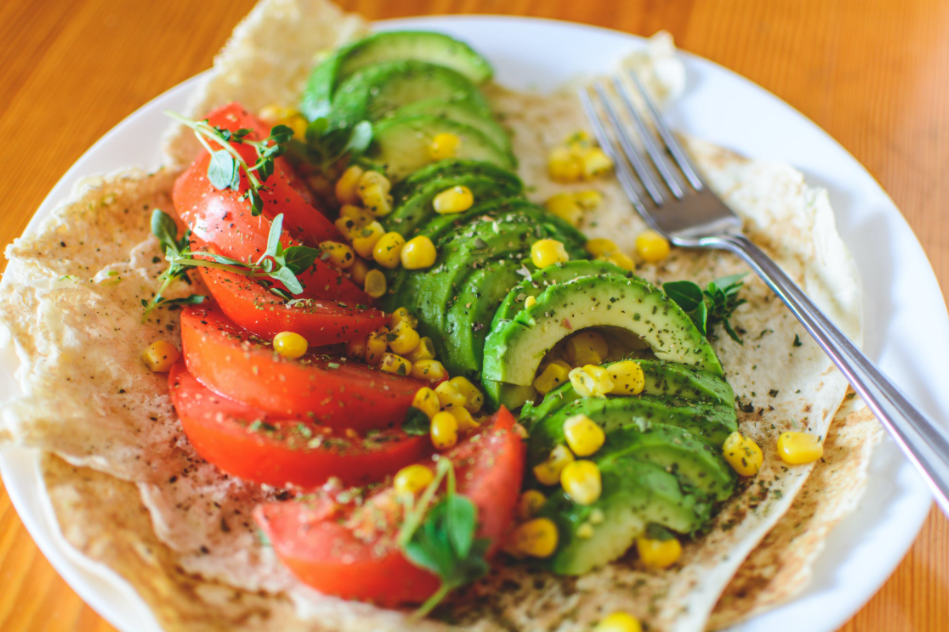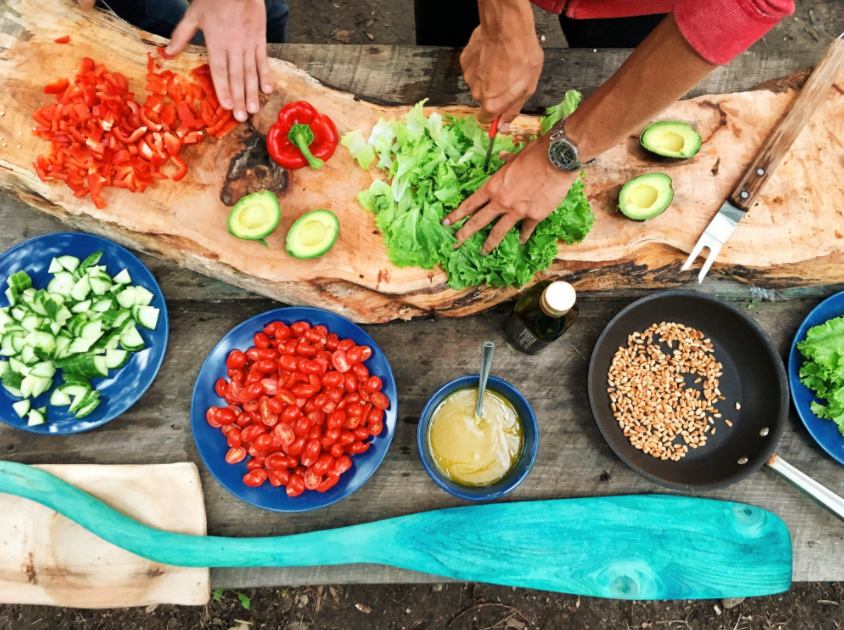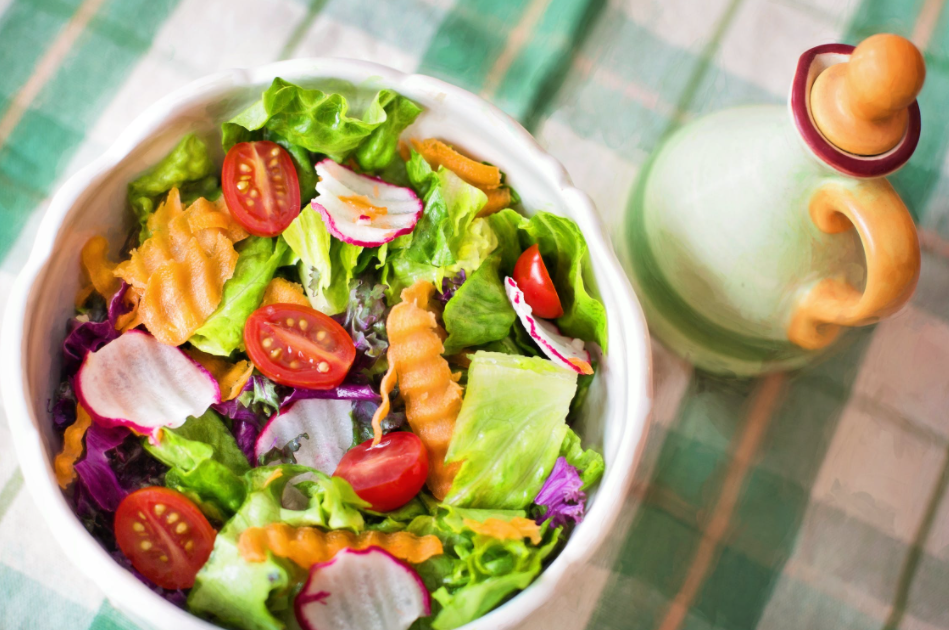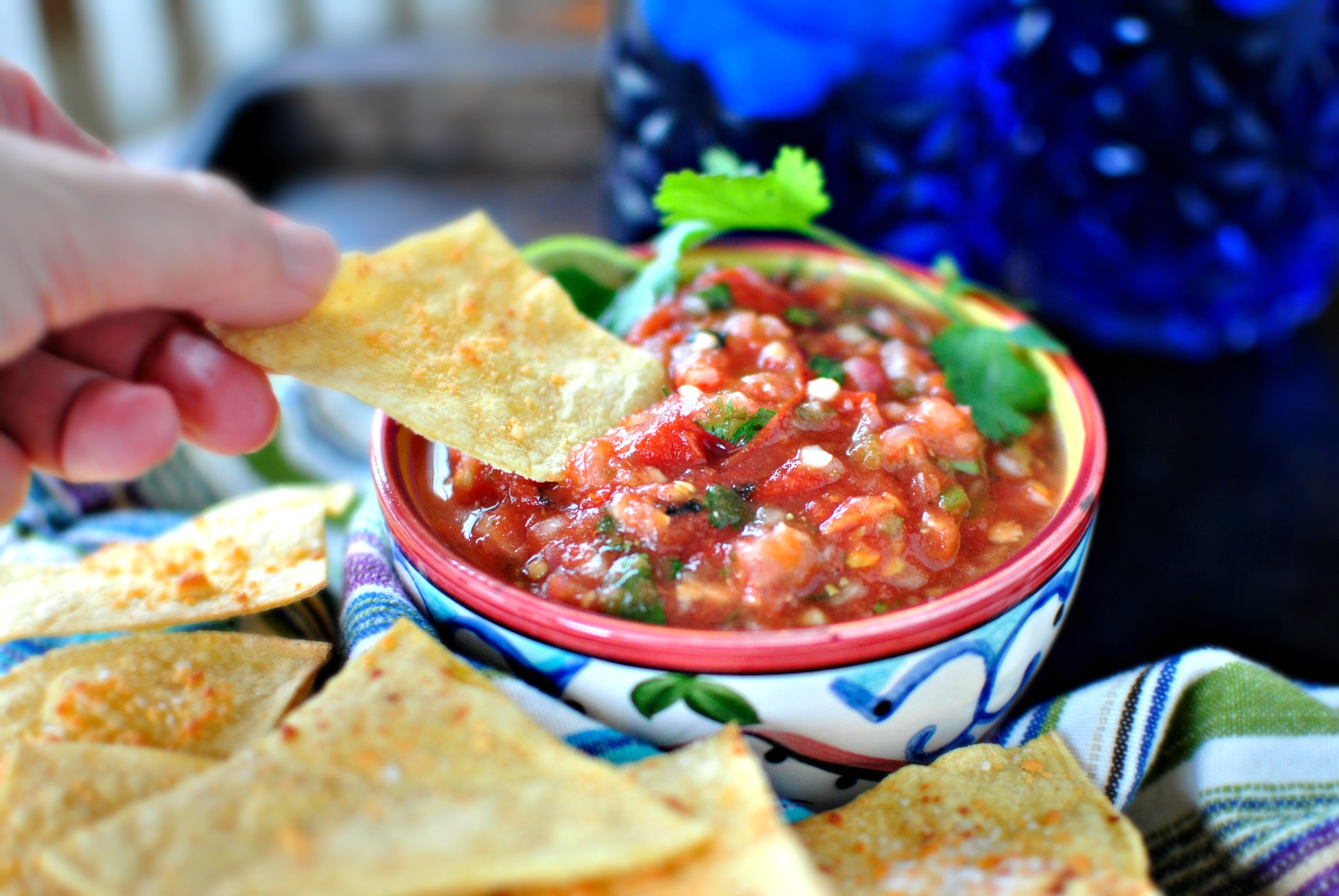What to Know Before Going Vegetarian

Thinking about going vegetarian? Here’s exactly what you need to know!

Photos By: Pexels
More and more people are becoming aware of the need to eliminate animal protein from their diet. According to a 2018 study, 8 percent of the U.S. population was already vegetarian in 2018. The reasons vary. For some people, it’s an attempt to adopt a healthier diet; for others, it has to do with cultural and social issues, such as environmental preservation.
While becoming a vegetarian has undeniable health benefits, it is obviously a major lifestyle switch. If you’re considering eliminating meat from your daily menu, you need to be prepared so the transition won’t be too difficult. It’s not enough just to decide which foods to stop eating; you’ll also have to plan the best way to get all the nutrients your body needs.
Know Your Reasons
People usually become vegetarian for health or ethical reasons, although many adopt this lifestyle due to the influence of friends or partners or even their favorite artist. Whatever your case, you should know and understand your reasons to make it easier to stick to the new diet. If you want to improve your health, a vegetarian menu can prevent obesity and hypertension and even reduce cancer risk. If you think animal meat processing is too cruel, becoming a vegetarian is a small step to reduce unnecessary slaughter. There is also the environmental reason. Today livestock farming uses more farmland to feed animals than people. When in doubt about these topics, watch documentaries on vegetarianism or study the nutritious benefits of a diet without animal protein to better understand its impact on your health and the environment.

Have a Plan
So you woke up and decided you’re going to become a vegetarian. And now? It’s not just a matter of not eating meat, you’ll have to change your daily meals and redo your entire shopping list to ensure you’re consuming the most nutritious ingredients, or your body will feel the difference.
Ideally, you need to start with small steps. Add grains, vegetables, and fruits to your normal diet and gradually eliminate meat. Then make a meal plan to ensure the transition is less stressful. Decide what you’re going to eat next week, how you’ll replace animal protein, and what ingredients you’ll need to buy.
A good tip for those just starting is to try to adapt your favorite recipes, putting ingredients rich in vegetable protein (such as lentils and chickpeas) in place of animal protein. There’s a lot of vegetarian cookbooks to introduce you to the most varied and tasty meatless dishes.
Make Sure You Get the Right Nutrients
Although a diet with fruits and vegetables looks healthier, you will need to look for some supplements to replace some of the nutrients and vitamins found in animal protein. Vitamin B12, for example, isn’t found in plant-based food but rather in dairy products, eggs, and some kinds of breakfast cereal. Additionally, there are a lot of nutrients, such as fiber and protein, in organic honey (from companies like Gold Bee) which is something you can add to your breakfast. Another important element is iron, present in red meat and poultry, which vegetarians can find in beans, peas, and lentils.
The deficiency of these substances can lead to weakness, fatigue, and even anemia. Before adopting a vegetarian diet, talk to a dietician to ensure your new menu is diverse and has what your body needs. You can also adopt alternatives such as taking gummy vitamins to get all the recommended vitamins.

Eat Enough Calories
By eliminating animal products from your diet, you will start to lose weight. To some people, this is a good thing. But remember that vegetarian foods are often lower in calories; therefore, it will be more difficult to gain weight.
To make sure you consume enough calories daily, you will need to adopt a menu of protein-rich foods. Rice, sweet potatoes, nuts, and dried fruits are the most common sources of calories, but you can also use grains like quinoa and oils made of coconut and olive, which are rich in monounsaturated fats. You can also eat healthy snacks like popcorn, veggie chips, or granola throughout the day.
Every Change Starts with Planning
A vegetarian diet will make you eat more fruits and vegetables and improve your health. But it can also represent a radical change in lifestyle if you’ve spent your life eating meat and other animal products. Like any change, this one also needs to start with planning. Read and research a lot, talk to your doctor, and consider making an appointment with a specialist to learn how to meet your nutritional needs as you transition to a vegetarian diet.
Remember that the primary objective of becoming a vegetarian is to adopt a healthier diet. Therefore, it’s no use cutting animal protein from your menu and doubling the consumption of sugar, bread, pasta, and processed foods. A healthy vegetarian diet goes far beyond just avoiding meat.






